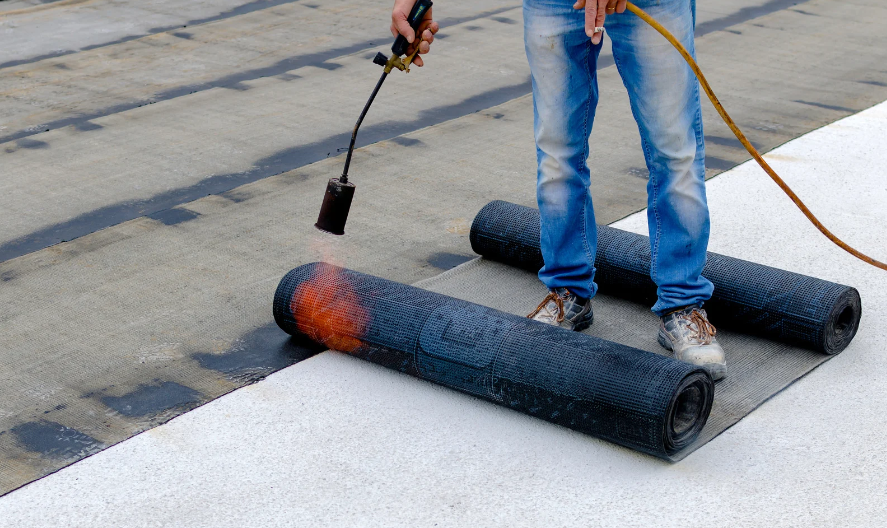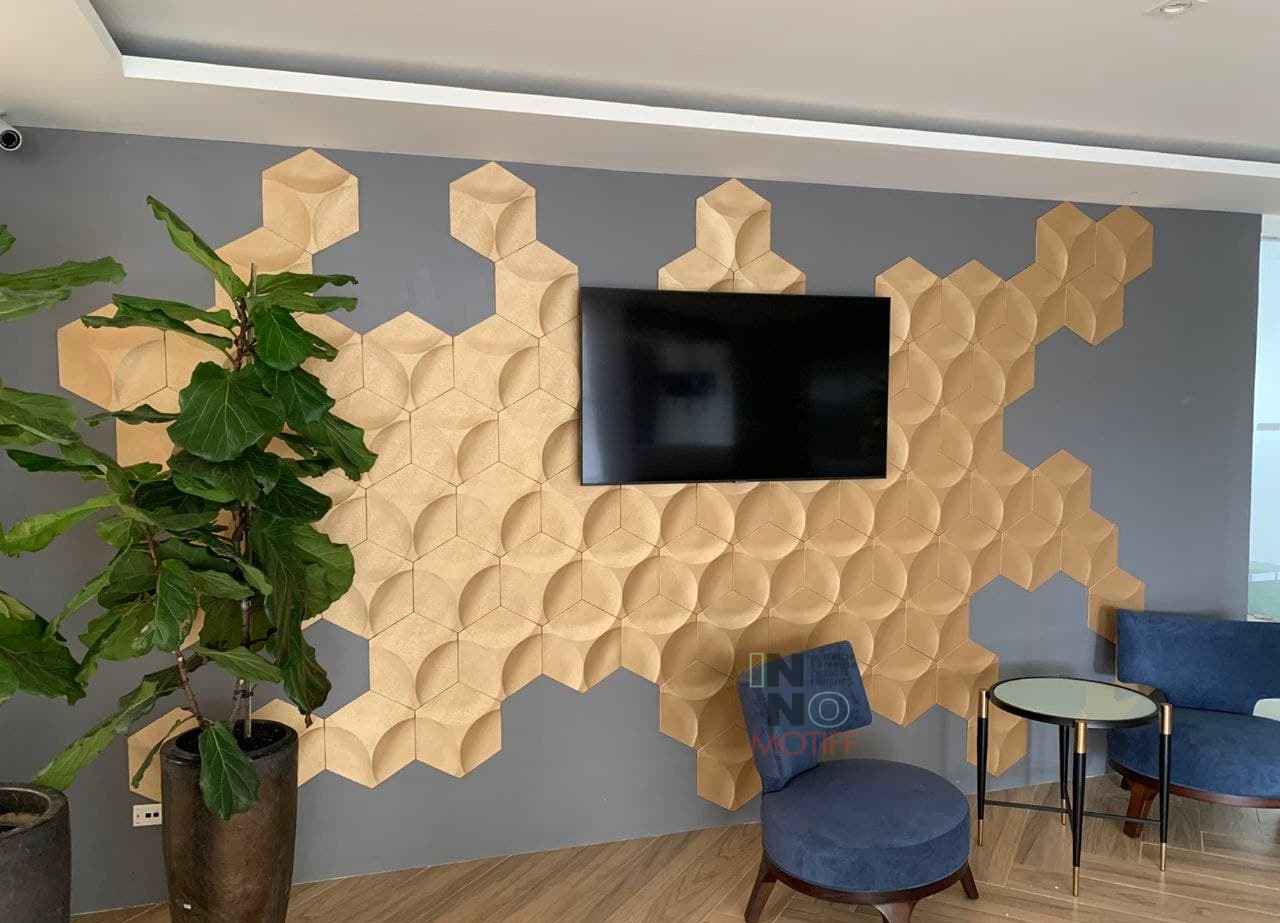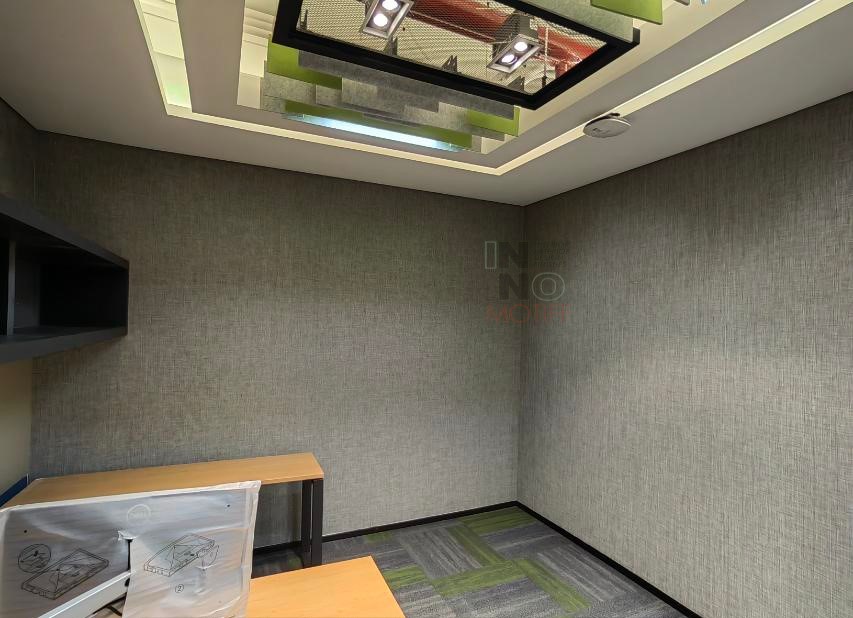In the construction and renovation industry, the role of a waterproofing contractor is vital in safeguarding structures from water damage. With increasing awareness of the repercussions of inadequate waterproofing, it has become clear that the choice of materials can significantly impact the longevity and effectiveness of waterproofing systems. This guide delves into why quality materials matter and provides essential insights for waterproofing contractors looking to enhance their services.
Understanding Waterproofing
What is Waterproofing?
Waterproofing refers to the process of making a structure impervious to water, protecting it from moisture infiltration that can lead to serious damage. A waterproofing contractor typically focuses on critical areas such as basements, roofs, and bathrooms, where water exposure is prevalent. Ensuring these areas are effectively waterproofed can prevent costly repairs and structural failures.
The Importance of Waterproofing
The significance of waterproofing cannot be overstated. For waterproofing contractors, understanding the consequences of neglecting this crucial aspect is essential. Inadequate waterproofing can result in severe issues like water damage, mold growth, and structural deterioration. Statistics show that water damage claims constitute a significant portion of homeowners’ insurance claims, highlighting the financial burden that can arise from poor waterproofing practices.
The Role of Quality Materials in Waterproofing
Why Quality Materials Are Essential
For waterproofing contractors, the use of quality materials is paramount. High-quality materials not only enhance the effectiveness of waterproofing systems but also ensure durability and reliability in the long run. Investing in superior materials translates to fewer failures and, ultimately, satisfied clients who appreciate the value of lasting protection against water infiltration.
Types of Quality Materials Used in Waterproofing
A variety of quality materials are commonly employed in waterproofing projects. Waterproofing contractors must be familiar with options like membranes, sealants, and coatings, each serving specific functions in protecting structures. Selecting the right materials tailored to the unique needs of a project is crucial for achieving optimal results.
Cost vs. Value of Quality Materials
Initial Costs vs. Long-Term Savings
Waterproofing contractors often face the dilemma of balancing initial costs against long-term value. While quality materials may require a higher upfront investment, they can yield significant savings over time. Inferior materials often lead to recurring repairs and maintenance, resulting in greater costs. Contractors who choose high-quality materials can enhance their reputation while ensuring their projects remain within budget.
Impact on Project Reputation
The reputation of a waterproofing contractor is closely tied to the quality of materials used. Clients are more likely to recommend contractors who consistently deliver effective waterproofing solutions. Sharing success stories and case studies showcasing the benefits of quality materials can serve as powerful testimonials that attract new clients and reinforce existing relationships.
Identifying Quality Materials
How to Evaluate Material Quality
For waterproofing contractors, assessing material quality is a critical skill. Key indicators of quality include certifications, warranties, and the reputation of manufacturers. Being vigilant for red flags, such as lack of documentation or negative reviews, can help contractors avoid pitfalls associated with inferior materials.
Sourcing Quality Materials
Finding reliable suppliers of quality waterproofing materials is crucial for contractors aiming to deliver the best results. Industry trade shows, professional networks, and online resources can be excellent avenues for sourcing high-quality products. A strong relationship with trusted suppliers ensures that a waterproofing contractor has access to the best materials available.
Best Practices for Contractors
Incorporating Quality Materials into Projects
Integrating quality materials into waterproofing projects is a best practice that every waterproofing contractor should adopt. This requires not only knowledge of materials but also the application techniques that ensure their effectiveness. Continuous training and staying updated on new products can empower contractors to make informed decisions that benefit their projects.
Continuous Learning and Adaptation
The waterproofing industry is ever-evolving, making it essential for contractors to engage in continuous learning. By staying informed about new materials and technologies, waterproofing contractors can adapt their practices to meet changing demands. Participating in webinars, workshops, and obtaining relevant certifications can enhance a contractor’s expertise and credibility in the field.
Takeaway
The importance of using quality materials in waterproofing cannot be overstated. For waterproofing contractors, prioritising quality in every project not only leads to better outcomes but also strengthens their reputation in the industry. By implementing the insights from this guide, contractors can elevate their services, ensuring that they provide clients with the protection they deserve against water damage.
As you navigate your next waterproofing project, consider the long-term benefits of investing in quality materials. The result will not only be a more robust structure but also a satisfied client who recognizes the value of a skilled waterproofing contractor dedicated to excellence.










